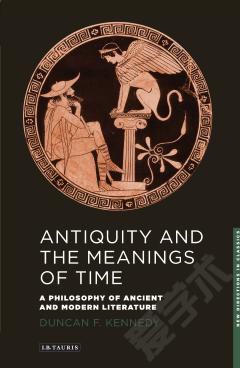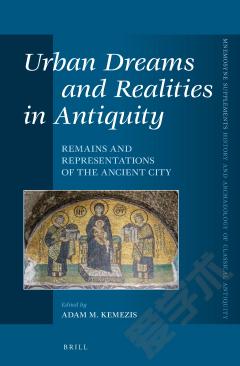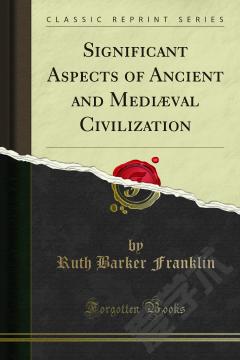Cities and the Meanings of Late Antiquity
The last half century has seen an explosion in the study of late antiquity, which has characterised the period between the third and seventh centuries not as one of catastrophic collapse and 'decline and fall', but rather as one of dynamic and positive transformation. Yet research on cities in this period has provoked challenges to this positive picture of late antiquity. This study surveys the nature of this debate, examining problems associated with the sources historians use to examine late antique urbanism, and the discourses and methodological approaches they have constructed from them. It aims to set out the difficulties and opportunities presented by the study of cities in late antiquity in terms of transformations of politics, the economy, and religion, and to show that this period
{{comment.content}}








 京公网安备 11010802027623号
京公网安备 11010802027623号